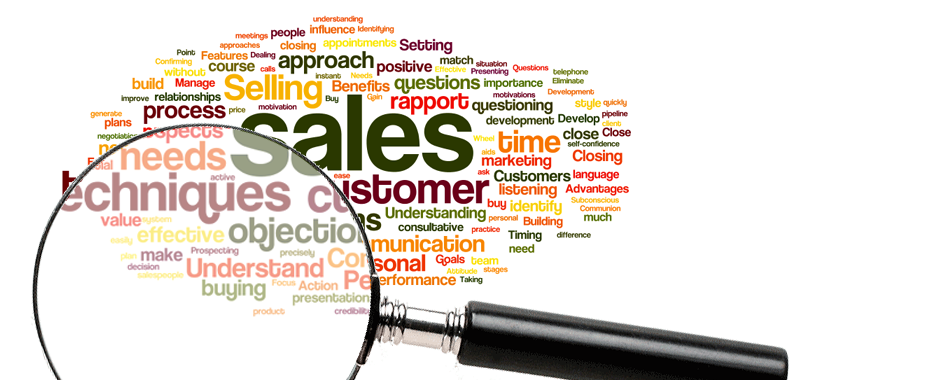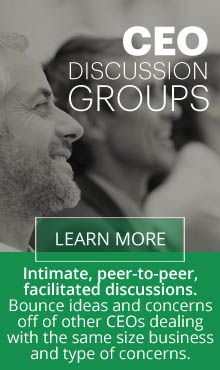 The Sales Executive Council did a study of the purchase of 20,000 different products. They asked the buyers about the criteria that most influenced their buying decision. Here are the results?
The Sales Executive Council did a study of the purchase of 20,000 different products. They asked the buyers about the criteria that most influenced their buying decision. Here are the results?
19% – the company’s reputation, brand and website
19% – the product itself and the company’s ability to deliver
9% – the value to price ratio, analysis if the item was worth the money
53% – the sales experience
When they looked more deeply into what was meant by the sales experience, here’s what they found:
- They received a valuable perspective on the overall market.
- They received help in navigating the options to find ‘what’s right for me?’
- They received ongoing advice and consultation.
- They received help in avoiding potential land minds, avoiding bad competitors, help in being a better buyer
- They received education on new issues, outcomes, and relevant legislation
In other words the most highly valued sales experience is an education experience that comes out of caring that the client/customer has the information needed not only to make a buying decision but to understand all the issues surrounding the use of the product/service. In order to understand what you explain, it becomes necessary that sales and marketing concepts like marketing attribution become lucid to you first. It comes out of the respect you have for the client that he can understand and make his own decision. It comes from the trust that’s built because she feels you have her best interest in mind. It comes from him trusting you as an expert because you really know your stuff.
Here are some questions to ask yourself about the sales experience you and your employees provide?
- Do you care that your clients and customers get the most current up-to-date information
- Do you have infrastructure in your organization to make sure this happens?
- Do you help the client and actually become his buying assistant who works in his favor? or do you try to convince him that your product or service is the best choice before you even find out what might be best for him?
- Do you ever ask your clients if they feel that way, too?
- Do you look at the sale as being over (and move onto the next one) as soon as the product/service has been delivered and the invoice paid? Or do you look at a client as an ongoing client who you continue to educate and care about?
- What do your actions say? (It’s not what you declare, it’s what you do that counts?)
- When you discover an industry land mine, do you alert all your clients or just the ones most active right now?
- Are you considered an expert in your field? By whom? Are you published? Do you seek PR opportunities? Do you present seminars or keynotes? Are you asked to appear on panels? Why would prospects consider you an expert? How do you let them know that you are doing ‘expert’ activities or are receiving ‘expert’ accolades?
Customers can tell if you care more about them than you do about yourself. You send a different vibe. You talk a different way. You go out of your way to go past your comfort zone. You don’t just satisfy them, you delight them. And whatever you do is done with a positive, humble and caring attitude. You empathize with where they are right now, the anxiety of the decision making process, experiencing the pain of the problem with them.
I hope these questions remind you of how you like to be treated when you make a purchase. Think back to your best buying experiences. Think, what do you still remember? It jumps out because it was so vivid at the time that it’s still vivid to you today. Create that and more for your clients with lots of personal connection and you won’t go wrong. Remember 53% of people purchase because they were treated with care and respect in an ongoing relationship and education process. Only 9% purchased because of price. (This should give you a clue about your pricing strategy as well.)

 Jeri Quinn from Driving Improved Results is an executive coach, management consultant, speaker and author who focuses on communication in her work with executives and companies. She is the author of The Customer Loyalty Playbook, 12 Game Strategies to Drive Improved Results in Your Business. With more than 40 years as a serial entrepreneur.
Jeri Quinn from Driving Improved Results is an executive coach, management consultant, speaker and author who focuses on communication in her work with executives and companies. She is the author of The Customer Loyalty Playbook, 12 Game Strategies to Drive Improved Results in Your Business. With more than 40 years as a serial entrepreneur.

